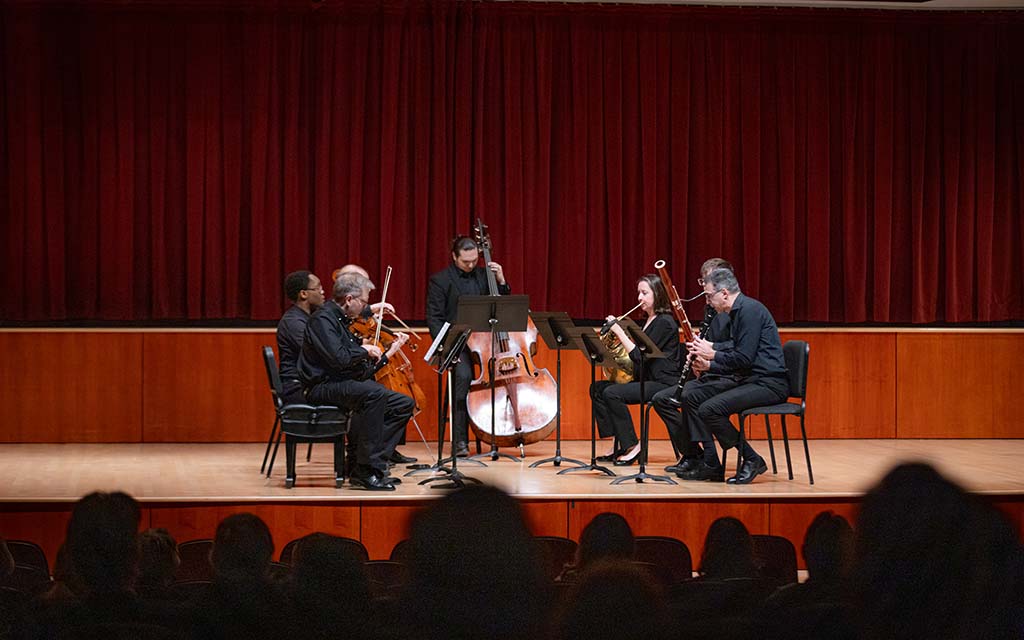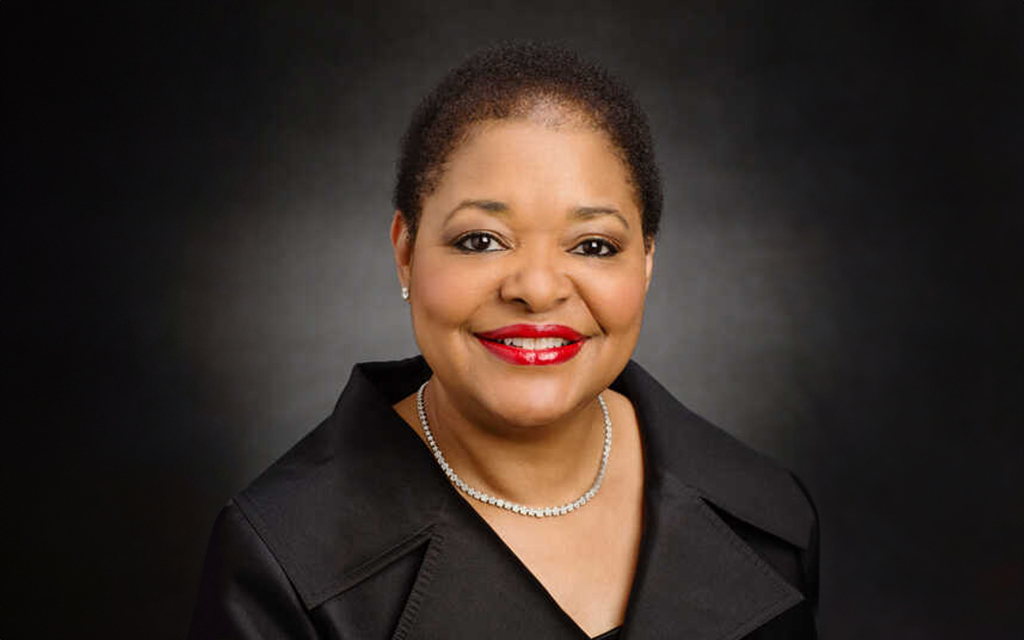How to Make a Report & What Happens Next
UNCSA Campus
How to Make a Report & What Happens Next
You have the option to report to law enforcement and/or the University. Individuals can report to both of these spaces, only one, or neither. You can also choose to report anonymously (without identifying yourself).
Online Report Form, with an anonymous option
Reporting to law enforcement allows someone to explore their options and pursue next steps in the criminal justice system. Reporting to the University allows someone to explore their options and pursue next steps as it relates to the University’s Prohibited Discrimination, Harassment and Related Misconduct Regulation #121 and the UNCSA Title IX Regulation (PDF).
Any individual can experience harassment, sexual violence, relationship violence, and/or stalking, regardless of their identities. Individuals of marginalized communities, however, often face higher rates of harassment and violence and experience additional barriers in seeking help and support. Violence intersects with the different identities an individual holds and can impact how someone experiences violence and/or harassment, responds to trauma, accesses help and support, makes decisions about reporting, or moves forward in their coping and healing.
The sections below include more information about reporting options. UNCSA case managers and the Title IX Coordinator can help individuals explore options and navigate any potential next steps.
Report to Law Enforcement
Emergency number: 911
Non-emergency number: 336-770-3321
Emergency On Campus
Campus address: 2010 Kenan Drive, Winston-Salem, NC 27127
You can report to law enforcement to learn more about options within their space and to file a police report. Reporting what you experienced to law enforcement may allow for a criminal investigation, which could result in criminal charges. You may bring a support person with you to make the report. Police can also talk with you about any concerns you have for your safety.
If you are not ready to file a report or pursue charges, you can still call local law enforcement and ask about your options and what it means to file a report. They can talk with you about options for civil protective orders (including the 50-B domestic violence protective order and 50-C civil no contact order), and how to pursue criminal charges even if you’re not sure or want time to make a decision.
You can download the UNCSA Safety App as another way to communicate by text message or phone call with UNCSA Police. Other features of the app include Safety Walk which allows you to share your geographic location with friends and family to remotely monitor your location while you travel to your destination, The app also includes information about resources and support offices.
What You Can Expect
You can provide information to UNC Police over the phone, by email or by meeting in person. It is your choice how much information you share with police. Depending on what you share and what you have experienced, UNCSA Police may inform the Title IX Office. This protocol is to make sure the appropriate offices are aware of any risk to the campus community.
At the time a report is made, you do not have to decide what course of action you are seeking. The Investigator can talk with you about how law enforcement can respond, facilitate exploring and explaining your options with UNCSA Police, and will help to get you connected to resources and support.
You are welcome to bring writing materials with you to all conversations with UNCSA Police. You are encouraged to take notes and document answers to your questions. You may also bring a support person.
Report To The University
Email: Valerie Thelen
Call: 336-932-3917
Campus address: Title IX Office is located in room 3209 on the 3rd floor of the UNCSA Library at 1533 S Main St, Winston-Salem, NC 27127
You can report your experience to the University to seek support, resources, and remedies. The Title IX Office oversees and enforces the harassment and discrimination regulations that address concerns related to students at UNCSA. Once the Title IX Office receives a report, staff members are focused on: stopping the conduct, providing services for the safety and well-being of those involved, identifying any patterns of behavior that may exist, addressing incidents that have occurred, and taking measures to prevent the conduct from happening in the future. The Title IX Office is a neutral office; depending on the resolution route may provide resources, support, and information to the reporting party as well as the responding party.
Contacting the Title IX Office allows you to explore options through the University’s Prohibited Discrimination, Harassment and Related Misconduct Regulation #121 and the UNCSA Title IX Regulation (PDF). Options could include informal or formal resolutions which may be disciplinary or non-disciplinary for the responding party. The Policies apply to the conduct of, and protects, all University students and employees, including faculty members, volunteers, and third party and visitors. This policy also defines who has been identified as a Responsible Employee.
The Title IX Office is charged with enforcing university regulations and compliance with federal law (including the Title IX of the Education Amendments Act of 1972). The Title IX Office is the University’s central office for addressing issues related to protected-status discrimination and harassment for students, and it takes the lead on behalf of the university in response to incidents such as interpersonal (relationship) violence and sexual violence. The Human Resources Office is charged with enforcing these university regulations when the concerns do not involved students.
What You Can Expect
The first step in reporting to the University is to connect with the Title IX Coordinator. The Title IX Coordinator is a private resource, meaning information you share with them may be shared with other offices on campus, including Campus Police or other student support resources. Information is only shared on a “need-to-know basis” with higher-level administrators for the purpose of providing support and responding to any immediate or on-going safety concerns. Individuals are encouraged to let the Title IX Coordinator know if they have concerns about privacy and information sharing—this will allow the Title IX Coordinator to help navigate options and safety concerns.
The Title IX Coordinator will initially reach out to you and offer to meet with you in person, talk by phone or video call, or communicate by email. You may bring a support person with you to make the report. You are not required to share information with the Title IX Coordinator, but information is helpful to explore your available options. The Title IX Coordinator will ask you questions to determine what help they can provide, but you can decline to answer the questions. You can share as much information as you are comfortable. You do not have to decide what course of action you are seeking at the time the report is made. The Title IX Coordinator will talk with you about how what options are available to respond to the incident, facilitate exploring and explaining your options through the Title IX Office, and will help to get you connected to resources and support.
You are welcome to bring writing materials with you to all conversations with the meeting with the Title IX Coordinator, and you are encouraged to take notes and document answers to your questions.
Interim Chief Compliance Officer and Title IX Coordinator:
Jayne Grandes
grandesj@uncsa.edu
336-932-3917





